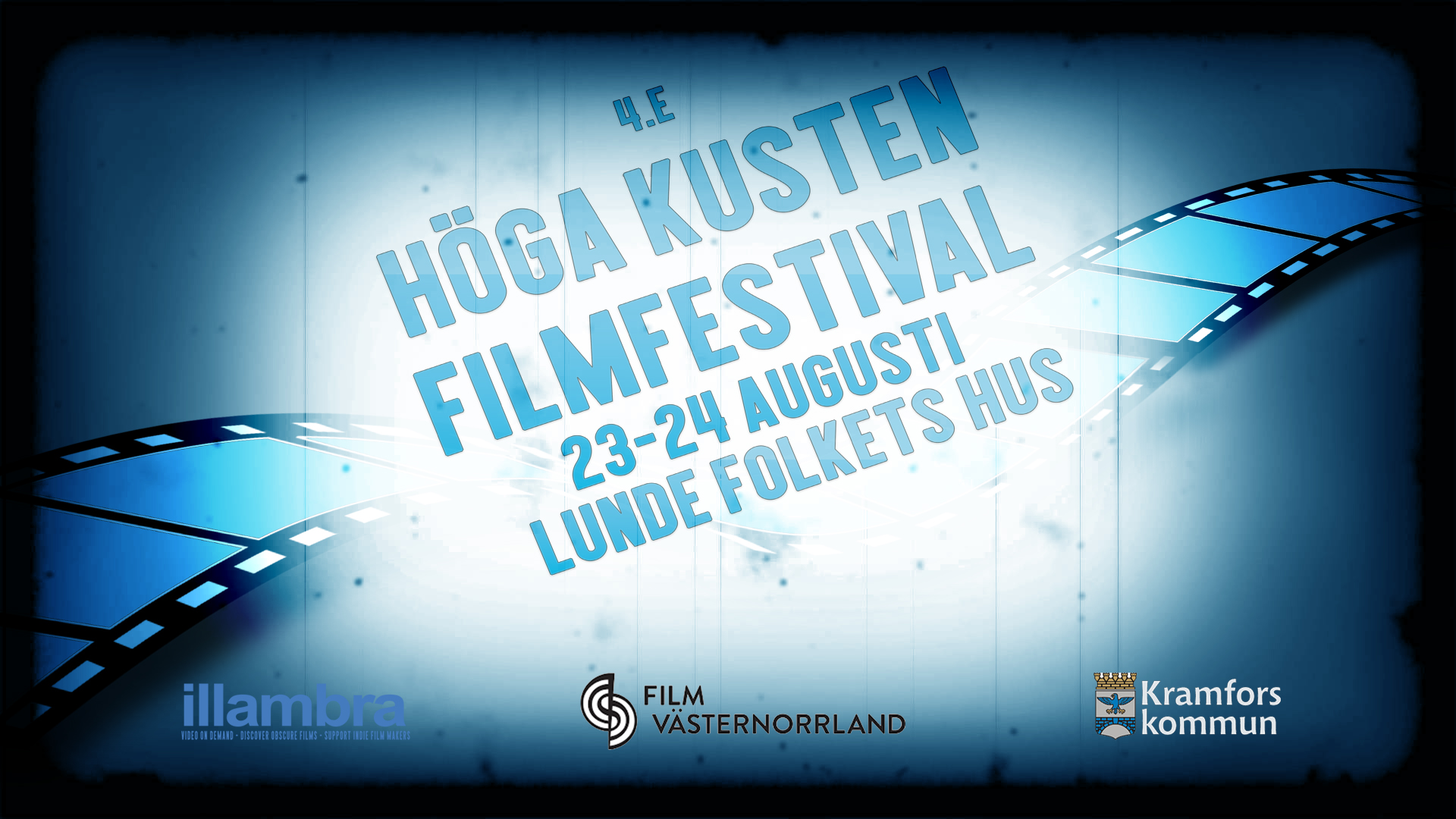
HCFF 2019 Film Review “Le Vrai Film Est Ailleurs (The Real Film Is Elsewhere)”
NO TRAILER CURRENTLY AVAILABLE
First, The Recap:
There’s a yearning for bonds that stand the test of time, are able to weather all odds, bearing within them a will to fight for the closeness gained as those involved ideally grow more and more immersed in each other’s lives. However, when such a level of interconnectedness comes the trials of maintaining deep, abiding love and respect, which can test even the stoutest of hearts and put potential doubts as to the validity of pursuing things to the limit, to a point of wanting to give up. Arriving at this place can bring the onset of sadness and heartbreak all were trying to hope would never come or never have to be experienced, personal frailties having been exposed.
For a young woman named Sofia (Sofia Costa Sadagorsky), it is a life filled with the beauty of creative outlets to find solace, joy, and purpose, whether through art, music, or even surfing, the latter of which she is endeared to thanks to the love she shares with her boyfriend Pablo (Pablo Ares Fernandez). But, another relationship holds sway over Sofia as well, the one she adores with Pablo’s father Javi (Javier Garcia De La Rosa), a kindred creative spirit she finds a different but no less impactful attachment with. Even as the three of them embark on a journey to the fishing village of Xago in Northern Spain, they will all experience an alteration in their dynamic that threatens to undermine the love they’ve built between them–or worse.
Next, my Mind:
The second of two feature length films this critic was given opportunity to screen as part of the 2019 High Coast Film Festival sponsored by and/or in association with Illambra, Kramfors Kommun, Film Vasternorrland, Europeiska Unionen, Region Vasternorrland, Lansstyrelsen Vasternorrland, and NBV, this 102-minute effort from director Mark John Ostrowski adapts a similar pacing and general execution style as “Les Maitres Silencieux (The Silent Masters)” in that it is a slow-burn mentality and highly character-driven narrative fueling an exploration of youth, love, struggle, adaptation, acclimation, acceptance, being hurt by those we cherish, forgiveness, redemption, and the give and take associated with friendship and putting your heart out there to others in full, and the emotional dangers that entails. There is a potent, stirring, and affecting dichotomy being portrayed when it comes to the connections Sofia has with Pablo and Javi, almost opposite in many respects to what we as the viewer might anticipate, with her nearness and trust showcased when interacting with Javi as opposed to an initially playful and warmhearted manner with Pablo that seems to abruptly and inexplicably grow distant and cold. It soon becomes painfully evident that Pablo’s sudden absence is taking more and more of a toll on Sofia’s well-being in mind and soul, even she faces the realities of Javi’s physical illness that seems to be growing while remaining longer and longer in their new place of dwelling.
It then becomes more the story of Sofia’s inability to cope with the massive changes she’s facing, between the literal locale they reside within as well as the simmering below the surface restlessness that is causing her to doubt how to even move forward in life, despite having an overall appreciation of what she has as well, mainly thanks to everything she’s learned between the two men in her sphere. Pablo’s more free-spirited demeanor and now lack of actual commitment it seems clashes forcefully with Sofia’s desire for absolute stability, which is therefore perhaps why she so strongly leans on Javi as a point of said security and balance, especially in view of the physical and emotional isolation she is experiencing with Pablo. What ultimately makes Sofia’s inner battles hit home is when she reveals how she’s been communicating with Pablo in his relational truancy, and it’s so genuinely, poignantly tragic, much less when we see that the toll this “fight” is taking on Javi is far greater than even spoken by him when trying to advise Sofia about what she should do to rectify things. As mentioned above, the grander pacing here is deliberating sedated in order to fully dive into the nature of this rather eccentric trio and their affiliation with each other on the road they’re traveling, and this critic can certainly not say it will appeal to all audiences. But if you’re willing to bear with a solidly written and presented character-centric narrative that means to speak to our humanness as so much of indie cinema does, then it should attract you, even with the melancholic finale.
The film’s visual look in black and white matches the starkness of its story quite well, accompanying both happy and sad moments with equal abandon and smoothly shot cinematography. Sadagorsky brings a beautiful combination of soft, innocent sweetness and painfully transparent vulnerability to her role as Sofia, a woman caught amongst two men who mean the world to her, one as a lover and one as a confidant and friend, even though one of them should be both of those to her already, yet remains strangely absent the majority of the time. She knows Pablo loves her, and he seems to show that when they are together, but his flightiness has taken a toll, and so Sofia has turned to his father Javi for the peace, consolation, and consul she also desires, while battling her own self-doubts and lack of definitive direction in life. In and through it all, Sadagorsky embodies the storms of happiness and sorrow the character feels with wonderfully believable poise and touching grace. De La Rosa is truly an example of understated intensity in his role as Javi, Pablo’s father and Sofia’s point of light, who is facing his own strains mainly associated with his age and an undisclosed illness, which only seems to get exacerbated when the trio choose to move to Xago and its damp environment. Yet, he almost seems the most stable of them all, going about his routines and quietly carefree ways, trying to make the most of any situation and be the loving parent figure for Sofia in her ongoing dilemma involving Javi’s son. Javi is simply this enchanting, winning character that you cannot help but smile with, even as he becomes one of the most anguished characters by the film’s finale. It’s a study in delicate subtlety and well-orchestrated emotional delivery, with De La Rosa pulling it off in spades throughout the film’s duration with engaging finesse.
Finally there is Fernandez as the film’s most enigmatic character, Pablo, a true free-spirit as mentioned prior who lives his life one experience at a time and doesn’t necessarily consider the future or what it might ultimately hold for he and Sofia’s love. His manner towards her and his father while traveling to Xago feels sincere and real, and interactions he has with Sofia later on are filled with tenderness and affection. Then he disappears, causing all the existing restfulness and contentment to get upended, especially for Sofia, whose longing for him and feelings of loneliness take over to very hurtful extents, with no response from Pablo at all. With only hints that she may have spoken to him here and there, Pablo honestly becomes the villian of the tale, as it’s overtly hard to sympathize with him once it’s clear he has no real devotion to Sofia or his father, at least not enough to make his vanishing explainable to tolerable. But, Fernandez plays the part well where we feel both for him then against him, a credit to the actor and the air of unsettledness he establishes for Pablo’s character. And so, in total, “Le Vrai Film Est Ailleurs (The Real Film Is Elsewhere” stands as one of the more interesting examples of arthouse elegance in its depth of character development, slow-moving gait, and life lesson filled methodology, hopefully gaining the notice of a wider filmgoing audience who can exude the patience to take in its deeper meanings and well-produced dramatic flare.
As always, this is all for your consideration and comment. Until next time, thank you for reading!




